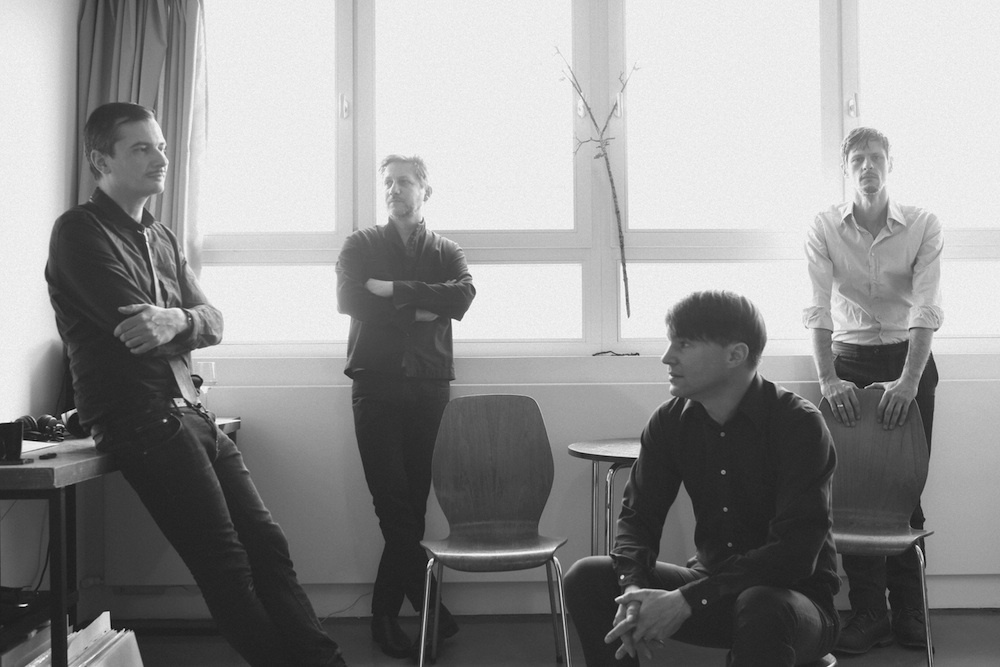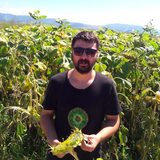Written by:
Share article:
The sound adventurers
Kreidler is a four-piece band with a clear understanding of roles: a drummer, a bassist who can also reach for the guitar, a keyboard player and a man for the electronics. Their story starts in Dusseldorf, back in 1994, when they began the band – the first Kreidler appearance was on March ’94, at a bar in Düsseldorf's old town. Kreidler was founded by Thomas Klein, Andreas Reihse, Detlef Weinrich and Stefan Schneider, who was to leave Kreidler in 1998, in order to form To Rococo Rot; his place on bass-guitar was taken by Alexander Paulick (Coloma, Narrow Bridges) until 2001, and again from 2008 on.
In these two decades there’s been hundreds of live concerts all over the world and a dozen of albums, EPs and remixes. Besides their consistent effort under the band umbrella, each member has worked on side projects, as well. Thomas Klein works with his partner Petra Bosch as Fauna, solo as Clyne and has recently released the album Sølyst. Andreas Reihse and Detlef Weinrich produced techno under the name of Binford. He creates under Toulouse Low Trax a slow, rhythmic electronic music; he is also responsible for the artistic/musical program of the Düsseldorf club Salon des Amateurs, a forward thinking institute of music; (I’ve heard from different people about the amazing vibe out there, that kind of seriously established place, the real-deal music wise, where people can dance on the weirdest stuff played out loud and the artists in charge go even further. While in Dusseldorf, don’t miss this.) Andreas Reihse released music under the moniker April, Herkules Dreigang Duo, together with Thomas Brinkmann and as BadFrench with Kiki Moorse (from Chicks on Speed). And the list of different collaborations of each Kreidler’s member goes on.
We met the four members of Kreidler for a café-late interview on a sunny Saturday, before their concert in Bucharest the very same night. While their music is frequently described on the world-wide-web as an harmonically blend of electronic music, leftfield, post rock, experimental, new-wave and other music hybrids that just don’t fit in a standard category, I still hesitate in describing what I’ve heard for over 90 minutes of their concert. It might be the best electronic music concert I’ve got in a long time, an intriguing, demanding and hypnotic listening experience. The German mavericks created an intimate atmosphere in the club, throughout their concert; each of the songs was demanding full attention. Once caught in their mesmerizing sound, one could embark with them on a heavy boat (or a small German motorcycle, since Kreidler is also a german mopeds and small motorcycle manufacturer) and start an exciting and thought provoking musical journey.
Kreidler is that kind of band that doesn’t monkey around, doesn’t go for big exposure, publicity and masses. It is not like any other band; it stands for making a difference in music. Meet sound adventurers Thomas, Andreas, Detlef and Alexander.



